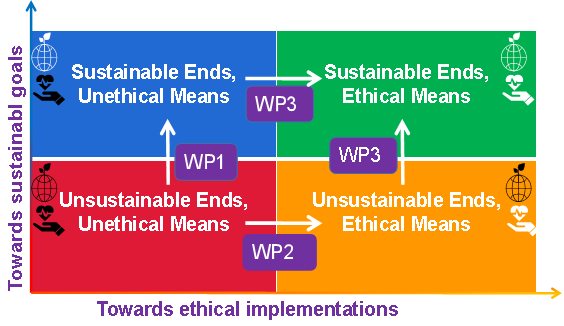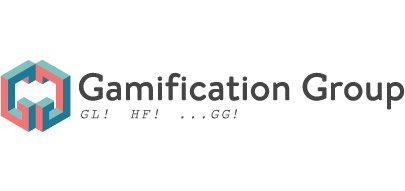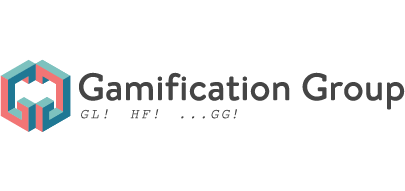GAMETH | Gamified services towards sustainable ends with ethical means

GAMETH (2022-2024) is a three-year project funded by Liikesivistysrahasto (Foundation for Economic Education). The core team of our scholars — Dr. Samaan Al-Masalm, Dr. Lewen Wei, doctoral researcher Ginnie Guillen with Dr. Nannan Xi as the principal investigator, will empirically investigate how gamification can be employed towards sustainable goals in the ethical ways.
During the last decade, so called gamification has become a prominent phenomenon in across all area of human life, so too in business, marketing and management domains where is it commonly employed as a way to engage customers, employees and citizens. Generally, gamification has garnered significant positive attentions, and indeed, research thus far has shown to that gamification is able to give rise to many potential consequences both in terms of individual engagement and consequent behaviors. However, as another consequence of the successful march of gamification has been that it is today being applied with hyperbolic fashion with little consideration to moral and ethical considerations as well as whether it will ultimately be able a positive force in sustainable praxis. For instance, in some gamified marketing practices, gamification elements such as sweepstakes, prize, points, leaderboards and badges have been employed to continuously motivate consumers to purchase and make unfavorable consumption choices. In addition, there are several examples of good-willing gamification attempts that have ended being unethical for example, they strip the consumer from autonomy, self-determination and privacy as well as pit individuals in unhealthy competition against others at the workplace.
Therefore, the GAMETH project empirically investigates how gamification can be employed towards sustainable ends with ethical means. The project comprises three integrated work packages that focus on the central problem domains of RQ1/WP1: What kinds of gamification implementations will lead to sustainable consumer literacy, attitudes, and decision making? RQ2/WP2: What kinds of gamification implementations lead to ethical treatment of consumers, i.e. being non-controlling, non-invasive, non-competitive. Most importantly, based on the results of WP1 and WP2, GAMETH investigates RQ3/WP3: How can the two conflicting goals of gamification’s ability to reach sustainable ends and be ethically implemented can be optimally combined.




